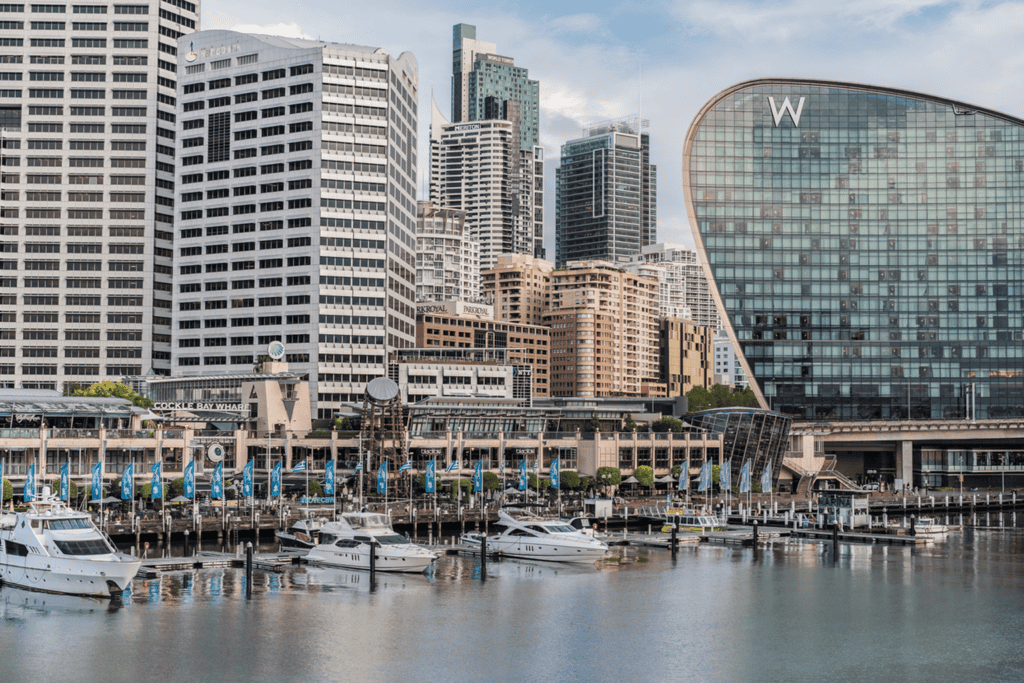Nobel Prize-winning economist Paul Krugman has warned that Australia may be heading into a recession.
“There’s going to be a hit to the Australian economy, maybe even a recession,” Professor Krugman said at the Festival of Dangerous Ideas in Sydney recently. “Canada is officially in a recession and Canada is in some way less dependent on commodity exports than you are. So you have to be prepared for that.”
Professor Krugman was reported in The Australian Financial Review as saying the Reserve Bank of Australia should also start thinking about cutting the cash rate beyond its record low of 2 per cent.
“Probably it’s time for the Reserve Bank to be thinking about cutting interest rates, probably thinking about, but not yet, doing anything on the fiscal side,” he was quoted as saying.
“It doesn’t look that nasty so far but there are pretty severe headwinds facing Australia. So you do the sort of thing as you normally do, which is to lean towards expansion to offset that.”
He bases his views on falling commodity prices, the slowing Chinese economy and concerns about rising domestic house prices, though these may be offset somewhat by the falling Australian dollar.
“I’m not exactly optimistic but I’m not panicking,” he said. “This is still a rich, sophisticated country and hopefully politicians are stupid but not too stupid.”
Australia’s second-quarter GDP growth was just 0.2 per cent and Capital Economics said it had forecast that the collapse in commodity prices and the end of the mining boom would cause the economy to slow. “This now appears to be under way,” says the firm’s senior Asia economist, Daniel Martin.
Not surprisingly, some disagree with Professor Krugman’s gloomy views.
Investment commentator at Fidelity Michael Collins makes the point that while falling commodity prices hurt producers such as Australia and Canada, the overall effect is that for the rest of the world commodities become more affordable and because of that, demand starts to increase.
In addition, he says the advanced world is thriving, especially the US, which grew at a vibrant 3.7% annualised pace in the June quarter. “The IMF predicts 2.2% growth this year for advanced economies overall,” he says. “That appears a reasonable outlook for countries including Switzerland and the UK, for most of them will benefit from lower commodity prices – even if they are not so good for Australia (1.9% of world GDP) and Canada.”
National Australia Bank’s global head of research, Peter Jolly, says that while the Australian economy is growing below trend, there is strength in the non-mining sectors, buoyed by generational low interest rates and a sharp decline in the Australian dollar.
AMP chief economist Shane Oliver also is not worried. “The risk of a recession remains relatively low and there is no reason to get overly gloomy on Australia,” he says. “Rather, growth is likely to continue to remain sub-par at around 2% as the negatives and positives balance out.”
As for interest rates, the US Federal Reserve’s decision to keep interest rates on hold will mean it’s highly unlikely the RBA will touch interest rates for some time, Mr Jolly says.





